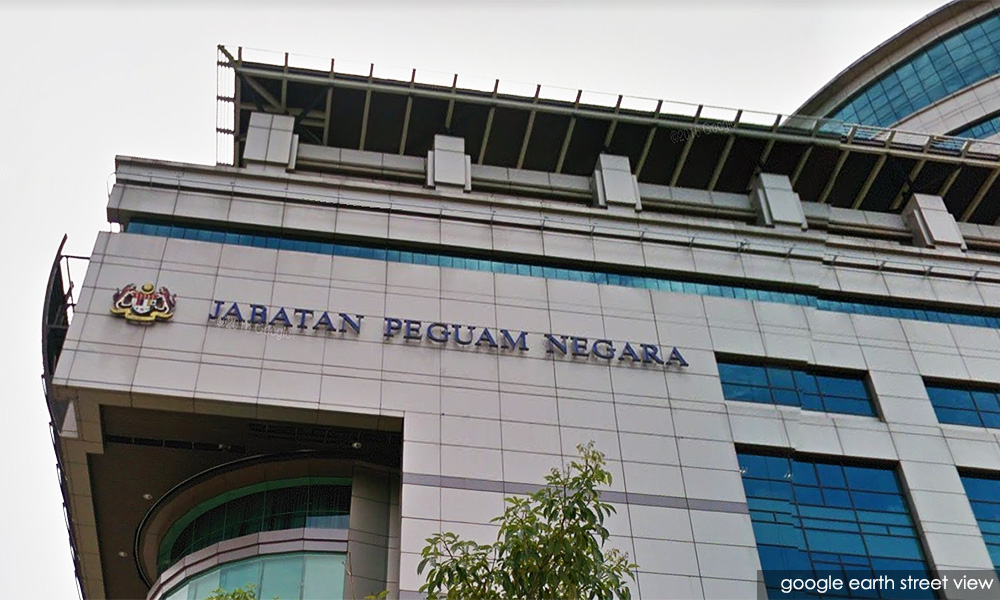COMMENT | I agree with Deputy Minister in the Prime MInister's Department Mohamed Hanipa Maidin that under Article 145(3) of the Federal Constitution and Section 376 of the Criminal Procedure Code, the attorney-general is not required to explain the reasons behind his decisions.
However, contrary to Hanipa's statement that there is no need to give the MACC prosecution powers, I tend to agree with Permatang Pauh MP Nurul Izzah Anwar that the commission should be given the powers to independently investigate and prosecute its cases without recourse to the office of attorney-general.
Relevant amendments of the Federal Constitution and MACC Act 2009 will enable and embolden authorities to prosecute high profile persons for corruption offences. It is only then the MACC will cease to be a 'toothless tiger' and be a truly independent body.
First and foremost, unlike investigations by the police (a department that the MACC is commonly compared to) into criminal cases, where the facts and the law are relatively straightforward and governed under the Penal Code and Criminal Procedure Code, corruption offences are complex, involving often convoluted and obscure transactions that raise complicated factual and legal issues.
When the AG declines to prosecute a case on which MACC has worked long and hard to develop, it is easy for the commission to treat it as a personal slight.
Furthermore, the AG often needs a good deal of time to review a lengthy file, but delays are commonly seen by civil society as a lack of commitment to prosecuting corruption case. When the file in rejected after a delay, corruption is viewed as having infected the review process.
Identifying who is accountable for weak enforcement of anti-corruption laws is virtually impossible when responsibility is split between two agencies.

As a practising lawyer who involved in corruption cases, the MACC sometimes says that weak enforcement is due to the AGC refusing to prosecute solid cases. The AG would then point a finger at the MACC, saying the cases they present are weak.
Simply put, both the AG and MACC would throw the ball to each other whether should they charge the accused or not. This will inevitably will affect the integrity and credibility of the relevant authorities.
Above all, it will be unfair to the victims, especially when their bank accounts are frozen or when travel restriction is imposed for unknown periods.
The MACC, who will ultimately conduct the prosecution, should be intimately involved in the investigation of the case so that they can exercise greater control over how the evidence is collected and can ensure that the evidence will be found to be admissible in court.
Once the powers of investigation and prosecution are consolidated into a single entity, there will be no conflict or blame of any corruption cases in the future.
It is important political and government commitment to ensure that MACC do their jobs effectively. The commission needs to demonstrate the courage and capacity to prosecute all, including the powerful without fear or favour.
ANDY YONG is the Gerakan Youth deputy chief.
The views expressed here are those of the author/contributor and do not necessarily represent the views of Malaysiakini.

